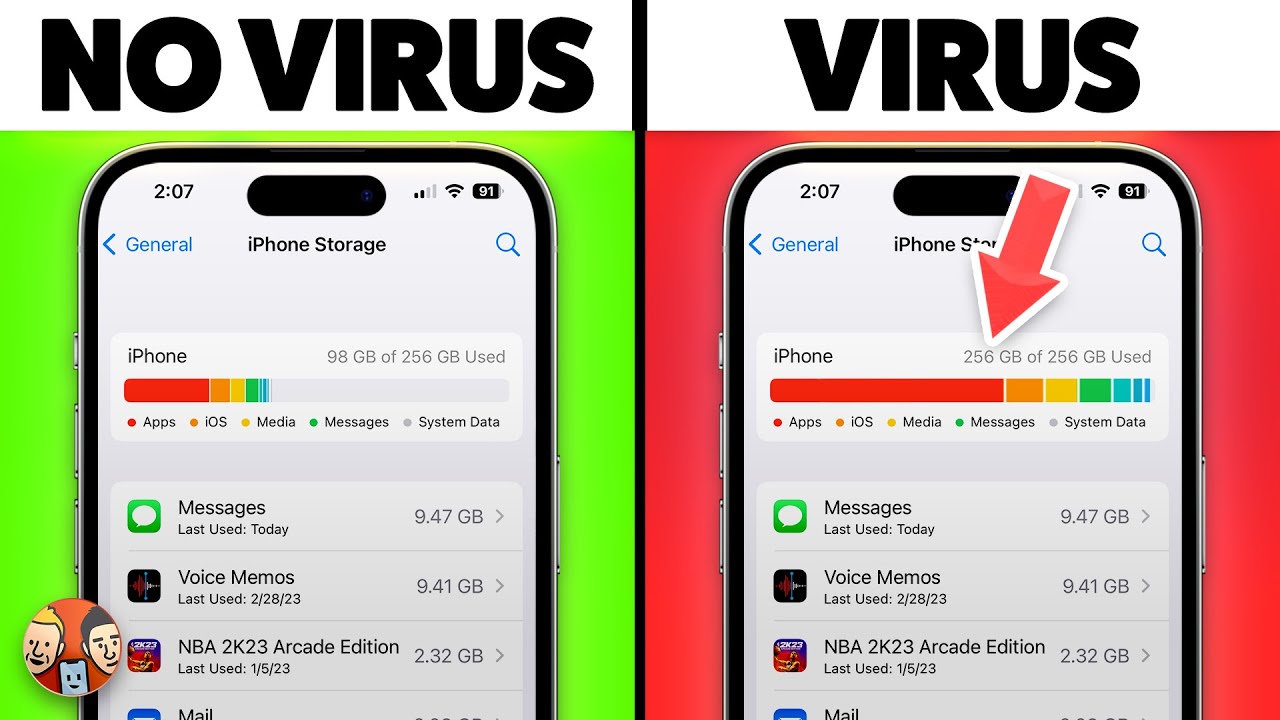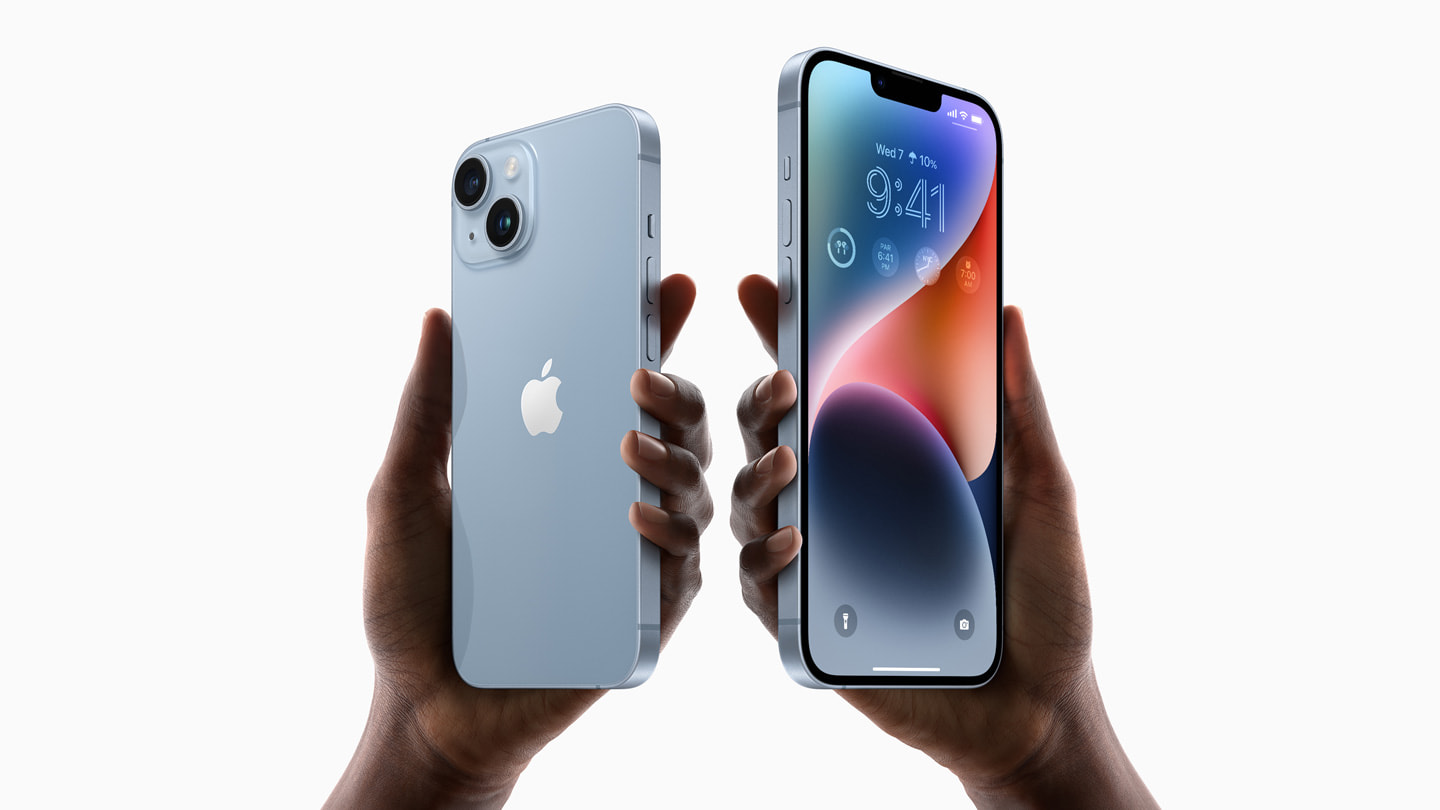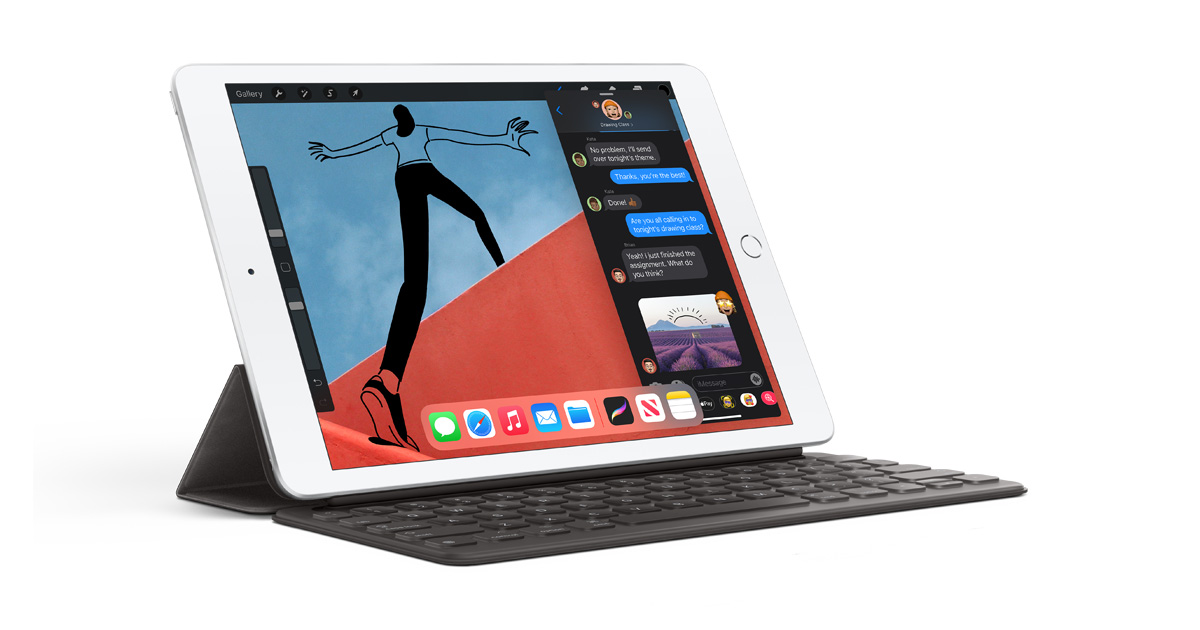Have you ever been in a situation where you suspect your iPhone or iPad might be infected with a virus? If so, you're not alone. The rise in mobile device usage has led to an increase in the threat of malware infecting your device.
But don't worry, we've got you covered! We'll be discussing six effective ways to remove viruses from your iPhone or iPad. So, if you're looking for a solution on how remove virus iphone ipad, keep reading and discover how toprotect your device from future infections!
Can IPhone Or IPad Get Viruses Easily
The question of whether iPhone or iPad can get viruses is one that has been asked time and time again. The answer to this question is not a straightforward one, but the short answer is no, iPhone and iPad do not get viruses easily. However, it's important to note that these devices are not immune to malware, which can cause serious problems if it infects your device.
There are a few reasons why iPhones and iPads are less susceptible to viruses than other devices. Firstly, the operating system (iOS) is a closed system that is tightly controlled by Apple. This means that only Apple-approved software can be installed on the device, which significantly reduces the chances of malware infecting the device.
Secondly, iOS has a built-in security system that makes it difficult for viruses to take hold. For example, apps on iOS run in a "sandboxed" environment, which means that they are isolated from the rest of the system. This prevents malware from accessing other parts of the device and causing damage.
However, while iPhones and iPads are less susceptible to viruses, they are not completely immune. It is still possible for malware to infect these devices, especially if the user engages in risky behavior like downloading apps from untrusted sources or clicking on suspicious links.
Check If Your IPhone Or IPad Is Infected With A Virus
If you suspect that your iPhone or iPad has been infected with a virus, there are a few signs to look out for. These include:
- Unexplained battery drain
- Slow performance
- Apps crashing unexpectedly
- Pop-ups or adsappearing when you're not using an app or browsing the web
- Strange behavior from your device, such as the screen turning on and off by itself
If you're experiencing any of these symptoms, it's important to take action as soon as possible to prevent further damage to your device and to protect your personal data.
The first step in checking if your iPhone or iPad is infected with a virus is to run a virus scan. There are a few antivirus apps available for iOS devices that can scan for malware, such as Avira Mobile Security, Norton Mobile Security, and McAfee Mobile Security. You can download these apps from the App Store and run a scan to see if any malware is detected.
It's also a good idea to check your device for any suspicious apps or files. Go through your app list and delete any apps that you don't recognize or that you haven't used in a while. You should also check your downloads folder and delete any files that you don't recognize.
6 Ways On How To Get Rid Of Viruses On IPhone Or IPad
If you have confirmed that your iPhone or iPad is infected with a virus, there are a few steps that you can take to get rid of it. Here are six ways to remove viruses from your iPhone or iPad:
Restart Your Device
Sometimes, simply restarting your device can help to get rid of malware. To restart your device, hold down the power button until you see the "slide to power off" option. Slide the button to turn off your device, and then turn it back on again.
Update Your Software
Keeping your software up to date is important for maintaining the security of your device. Make sure that you have the latest version of iOS installed on your device by going to Settings > General > Software Update.
Delete Suspicious Apps
If you have any apps on your device that you suspect may be infected with malware, delete them immediately. To delete an app, press and hold the app icon until it starts to wiggle, and then tap the "X" in the top-left corner of the icon.
Use An Antivirus App
As mentioned earlier, there are a few antivirus apps available for iOS devices that can help to detect and remove viruses. Download one of these apps from the App Store and run a scan to see if any malware is detected.
Reset Your Device
If all else fails, you may need to reset your device to factory settings. This will erase all of your data and settings, so make sure that you have a backup of your data before you proceed. To reset your device, go to Settings > General > Reset > Erase All Contentand Settings.
Contact Apple Support
If you're still having issues with malware on your device, it's a good idea to contact Apple support for assistance. They may be able to provide additional guidance on how to remove the virus and protect your device from future infections.

7 Signs Your iPhone Has A Virus & How To Remove Them
How To Protect Your Device From Viruses And Malware
While it's possible to remove viruses from your iPhone or iPad, it's always better to prevent them from infecting your device in the first place. Here are a few tips for protecting your device from viruses and malware:
Use A Passcode Or Touch ID/Face ID
Adding a passcode or biometric authentication (Touch ID or Face ID) to your device is an important first step in protecting your data from unauthorized access. This will prevent someone from accessing your device and installing malware or stealing your personal information.
Install Apps Only From The App Store
As mentioned earlier, iOS is a closed system that only allows Apple-approved apps to be installed on the device. It's important to only download and install apps from the App Store to ensure that they have been vetted by Apple and are free from malware.
Keep Your Software Up To Date
Keeping your software up to date is critical for maintaining the security of your device. Apple regularly releases software updates that include security fixes and other improvements. Make sure that you have the latest version of iOS installed on your device by going to Settings > General > Software Update.
Avoid Clicking On Suspicious Links
Avoid clicking on links in emails, text messages, or other messages that you don't recognize. These links may be phishing attempts that can install malware on your device or steal your personal information.
Use A VPN
Using a virtual private network (VPN) can help to protect your device when you're using public Wi-Fi networks. A VPN encrypts your internet traffic and masks your IP address, which can help to prevent hackers from intercepting your data.
Be Cautious With Public Wi-Fi Networks
Public Wi-Fi networks are often unsecured and can be a hotbed for hackers. Avoid using public Wi-Fi networks for sensitive activities like online banking or accessing confidential information.
People Also Ask
Can My IPhone Or IPad Get Viruses From Email Attachments?
Yes, it's possible for viruses or malware to be attached to email messages and infect your iPhone or iPad. Be cautious when opening email attachments from unknown senders, and always scan the attachment for viruses before opening it.
Can I Get Viruses On My IPhone Or IPad From Browsing The Internet?
Yes, it's possible to get viruses from browsing the internet on your iPhone or iPad. Malware can be hidden in website links or ads, so it's important to be cautious when clicking on unknown links or ads. Consider using a VPN and an ad-blocker to protect yourself.
Can I Remove A Virus From My IPhone Or IPad Without Resetting It?
Yes, it's possible to remove viruses from your iPhone or iPad without resetting it. Try using anti-virus apps, deleting suspicious apps, and clearing your cache and browsing history. If these methods don't work, resetting your device may be necessary.
How Do I Know If My IPhone Or IPad Has A Virus?
If your iPhone or iPad is behaving erratically, crashing frequently, or running slower than usual, it may be infected with a virus. Look out for unusual pop-ups, unexplained charges on your account, and strange activity on your device.
Can I Get Viruses On My IPhone Or IPad From Downloading Apps From The App Store?
It's highly unlikely to get viruses from downloading apps from the App Store since all apps go through a strict review process before being approved. However, it's still important to be cautious when downloading apps and only download from trusted developers.
Conclusion
In conclusion, while iPhone and iPad are less susceptible to viruses than other devices, they are not completely immune to malware. If you suspect that your device has been infected with a virus, there are a few steps on how remove virus iphone ipad. However, it's always better to prevent malware from infecting your device in the first place by following best practices for device security.

